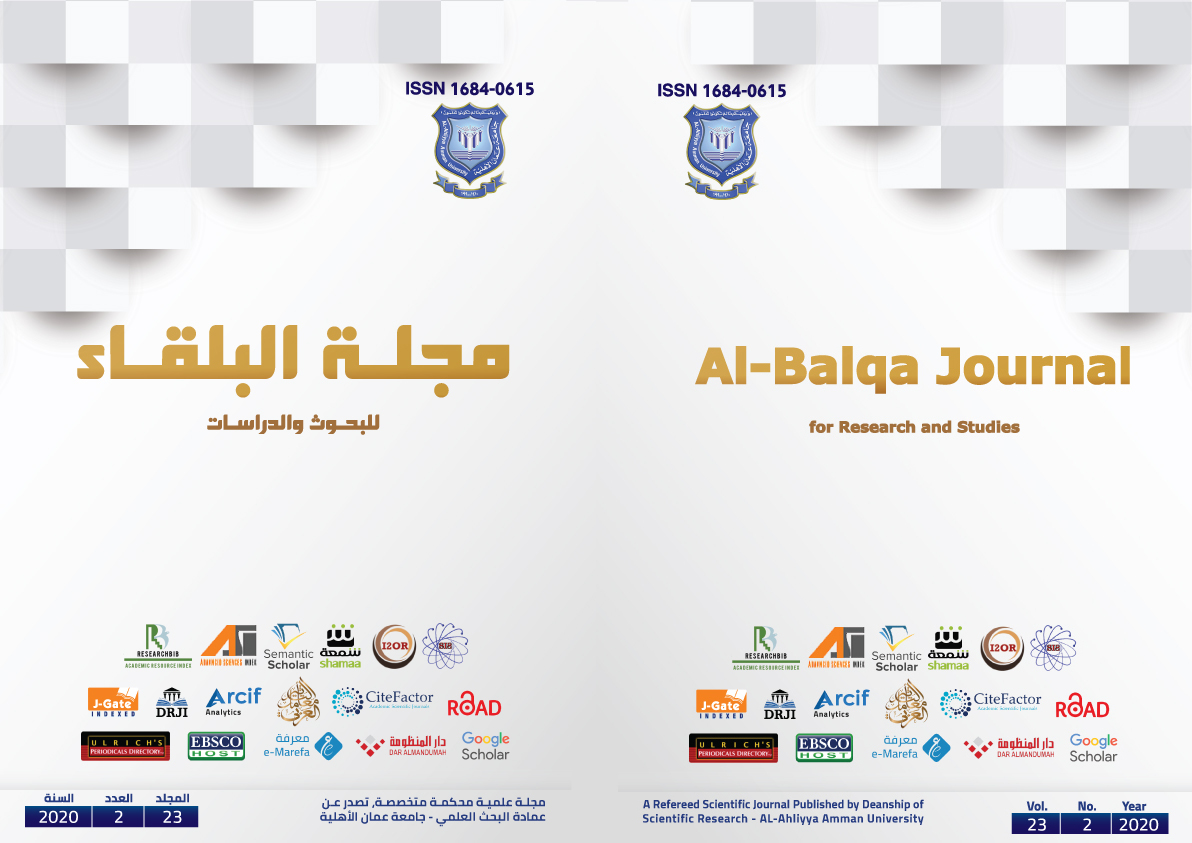Al-Balqa Journal for Research and Studies البلقاء للبحوث والدراسات

Abstract
Insufficient physical activity is a risk factor for many non-communicable diseases, therefore; the purpose of this study is to examine university students’ perceived exercise benefits and barriers. This cross-sectional descriptive study used Exercise Benefits/Barriers Scale to examine perceived benefits and barriers to exercise among a convenience sample of 517 university students in Jordan. Participants reported significantly higher perceived barriers to exercise than perceived benefits from exercise. The most important perceived barrier to exercise was “I am too embarrassed to exercise”. Moreover, “I will live longer if I exercise” and “exercising increases being accepted by others” were the most important perceived benefits from exercise. Students’ age was negatively correlated with perceived barriers to exercise. Unemployed students perceived more benefits from exercise than employed students. Physical activity promotion programs should assist university students to overcome perceived barriers, and further highlight the health benefits of exercise.
Recommended Citation
Hamdan, Khaldoun
(2020)
"Perceived Benefits and Barriers to Participation in Exercise among Jordanian University Students,"
Al-Balqa Journal for Research and Studies البلقاء للبحوث والدراسات: Vol. 23:
Iss.
1, Article 10.
Available at:
https://digitalcommons.aaru.edu.jo/albalqa/vol23/iss1/10
Included in
Applied Ethics Commons, Banking and Finance Law Commons, Criminology and Criminal Justice Commons, Geography Commons, History Commons, International and Area Studies Commons, Other History of Art, Architecture, and Archaeology Commons, Public Affairs, Public Policy and Public Administration Commons, Reading and Language Commons, Religion Commons, Tourism Commons

